-Article by culinarycuesblog •
For some reason loyalty has been given a bad rap in recent years. Loyalty need not refer to blind support of an individual, company, product, party, or even country – loyalty is something that is earned and constantly reinforced, but once present provides a level of respect and comfort that should carry a load of weight (no pun intended). We may be loyal to our best friend, our spouse or significant other, or other family member, but how often (at least in recent years) do we find loyalty to a place of employment or the people we work with and for? It may be rare, yet this is exactly what employers want from employees, peer workers from peer workers, chefs from cooks, cooks from chefs, and employees from owners and operators.
The thing is – you can’t demand loyalty and expect the results to be true and dependable. Autocratic leaders will never succeed at demanding respect and loyalty from coworkers or hierarchal subordinates – it just doesn’t work, nor should it. That being said, isn’t it interesting (or maybe discouraging) that there are still chefs and operators who live by the rule of demands and use fear as a way to presumably instill a passion for excellence?
So, at a time when our restaurant industry continues to hang on to an autocratic approach, other businesses find themselves being torn apart by a top down style of leadership intent on making demands and stepping on individualism. When our country seems to accept “You’re Fired” as a reasonable approach towards motivation, it might be wise to take a step back and look at some time-tested rules of thumb.
A CHEF’S RULES OF THUMB
- WHEN A COMPANY LOSES ITS SOUL
Too many businesses that succeed and grow seem to quickly give up the heart and soul that made them great in the first place. Every business (restaurant) should remember what got them to a level of success. Typically, it is an environment where people care about each other, where individual ideas are encouraged, where those same individual contributions are celebrated, where passion for the work and the product are relished, and where many decisions are allowed to move from the bottom to the top and not the reverse. When new leadership thinks that growth means giving those conditions and traits up, then a restaurant begins to stumble. It is inevitable.
- IF YOU AREN’T SERVING THE CUSTOMER DIRECTLY – THEN SERVE SOMEONE WHO IS
The Dilbert Principle notes that companies tend to promote people to their level of incompetence and as a result they are moved further and further away from the customer. The best restaurants know that an organizational structure must insist that training and support be given to those people who have the greatest contact with the guest and the guest experience. Line cooks, servers, bartenders, and hosts need our undivided attention through first-class training, great listening, and roll up your sleeves assistance. If they are served well then they will serve the guest and the guest experience well.
- FEAR AND MOTIVATION ARE NOT SYNONYMOUS
Contrary to the belief of autocratic managers – making employees feel insecure and uncomfortable is counter-productive to the concept of motivation. In reality only the individual can motivate him or herself and if they live in an environment of uncertainty then self-motivation is all but non-existent.
- LISTEN TO YOUR EMPLOYEES – YOU MIGHT BE SURPRISED
Stuck for an idea or solution to a problem? Unsure of how to approach a challenge, correct a dish, or modify a menu towards success? The best ideas don’t have to always come from the top; in fact it is usually better when they don’t. Ask your employees, listen to them, throw the ball into their court and watch what they can do.
- THE SIGN OF A GOOD LEADER IS ONE WHO ENGAGES OTHERS
It isn’t really good enough to simply listen to employees for ideas – a great leader plants seeds and promotes ideation among all employees – regardless of their position. Want an idea on how to save money in the dish area? Ask the dishwasher. Not sure how to make your hot line more efficient? Get your line cooks together and charge them with a solution. Want to know what menu items will really take off? Talk with your service staff and bartenders.
- MASLOW HAD IT RIGHT
Decades ago, Abraham Maslow established that there is a hierarchy of needs that apply to everybody. These needs are sequential and universal – they are the core of creating an environment for self-motivation and they are within the grasp of leaders to control. Everyone tends to look at SURVIVAL needs as the first step (food, shelter, clothing). If you can provide a fair wage that allows an individual to provide for these basic needs, then they are in a better position to feel good about their work and perform at an acceptable level. Once Survival Needs are met, then it is important to create a situation where job SECURITY is present. A high performing business that is profitable and a leadership environment where support takes the place of “fear” allows an employee to concentrate on performance rather than dodging the wrath of an autocratic manager or leader. BELONGINGNESS is crucial as an employee has a deep desire to find acceptance among peers and with management. Communication and training allow individuals to fit in and find acceptance within a business culture. SELF ESTEEM is the experience of feeling good about ones performance and the work that is being done. A pat on the back, a “thumbs up” or a kind word go a long way in helping individuals feel good about themselves. These positive acts cost nothing; but return a great deal. When they feel good about their work employees automatically seek to constantly improve. Finally, when all other needs are met it is the opportunity to SELF-ACTUALIZE, or be all that a person can be, that serves as the ultimate self-motivational tool. When that line cook sees opportunities to grow, and when investment is made in employee growth and improvement, then there is little need for them to look elsewhere for this gratification. Self-Actualized employees are loyal and dedicated. Your job as a chef, as a leader, is to create the environment for self-actualization.
- YOU CAN BE TOUGH, FAIR, AND KIND AT THE SAME TIME
Support should never be confused with being soft as a leader, as a chef. Having high expectations of employees who are supported is a perfect combination. Treating people with respect, giving them the opportunity to engage, and providing the tools to do so is a means to an end. Once the stage is set then clearly state what your expectations are and measure performance based on those expectations.
- CRITICISM SUCKS THE LIFEBLOOD OUT OF A RESTAURANT
It drives me crazy to watch these “reality shows” where cooks are belittled and insulted, embarrassed in front of their peers, and demeaned without any serious effort to demonstrate how to improve. Criticism is NOT a tool that leads to loyalty – it is just the opposite.
- CRITIQUE IS THE RIGHT TOOL
Critique, on the other hand, is accompanied by explanation and demonstration pointing to methods of improvement, redefining expectations, creating benchmarks, and building skills and confidence that may not have been present before. Pointing out mistakes while helping a cook improve will usually be accepted and appreciated.
- FEEDBACK IS THE BREAKFAST OF CHAMPIONS
Even the most accomplished cook (employee) needs to hear how he or she is doing. They truly want to find out how their work is perceived and where there are opportunities for improvement. The best leaders invest heavily in building a positive feedback loop that is geared towards creating a desire for loyalty to exist. The employee must feel that he or she has a portal for offering ideas and talking about challenges just as much as the leader needs the same. It’s a two-way street.
A restaurant with a culture of mutual respect will find success within their reach whether a single unit or 50 unit chain.

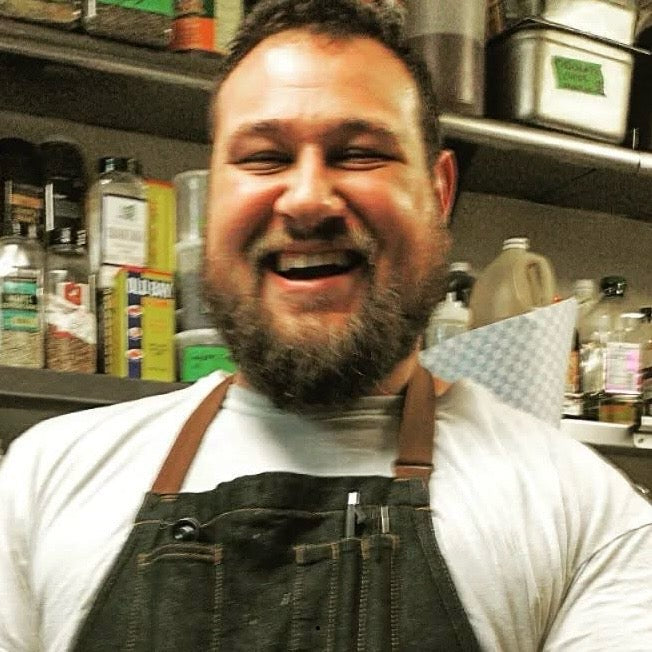
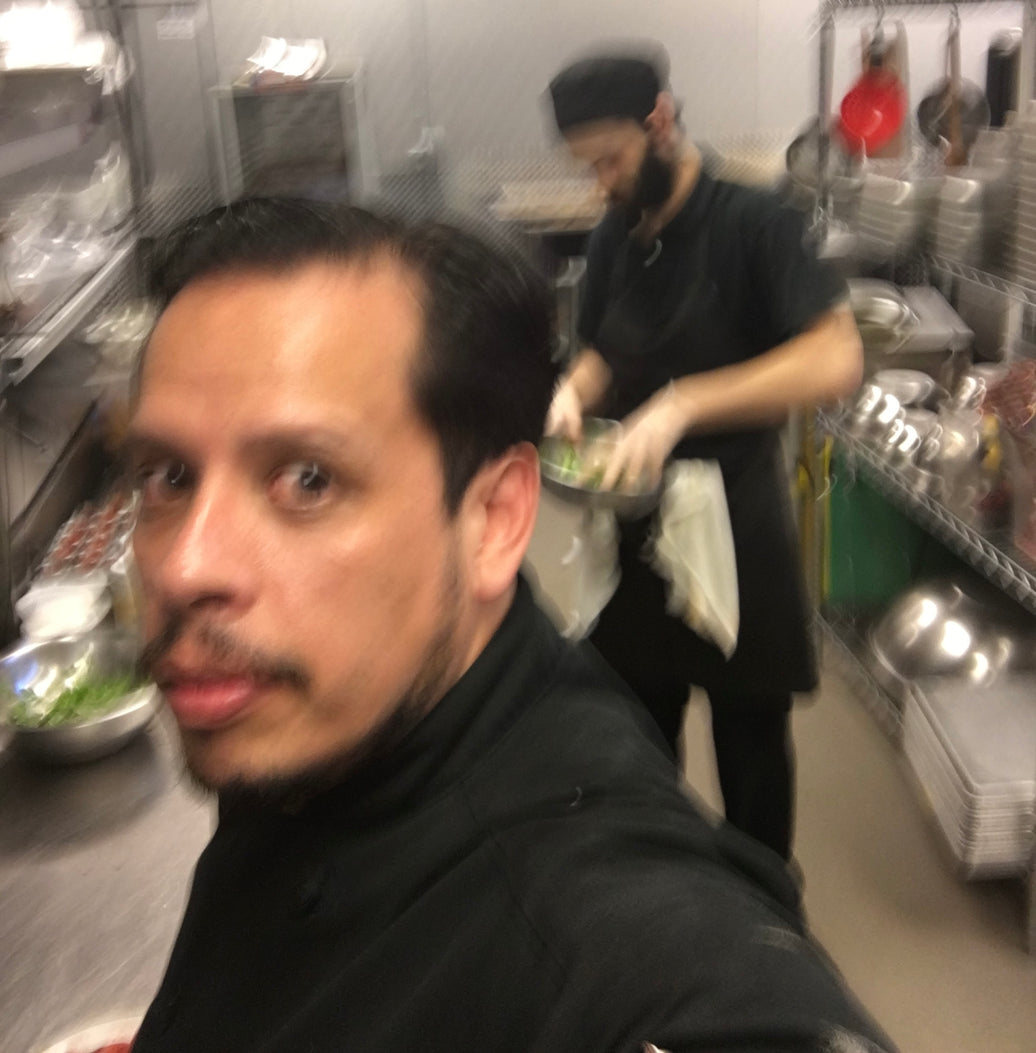
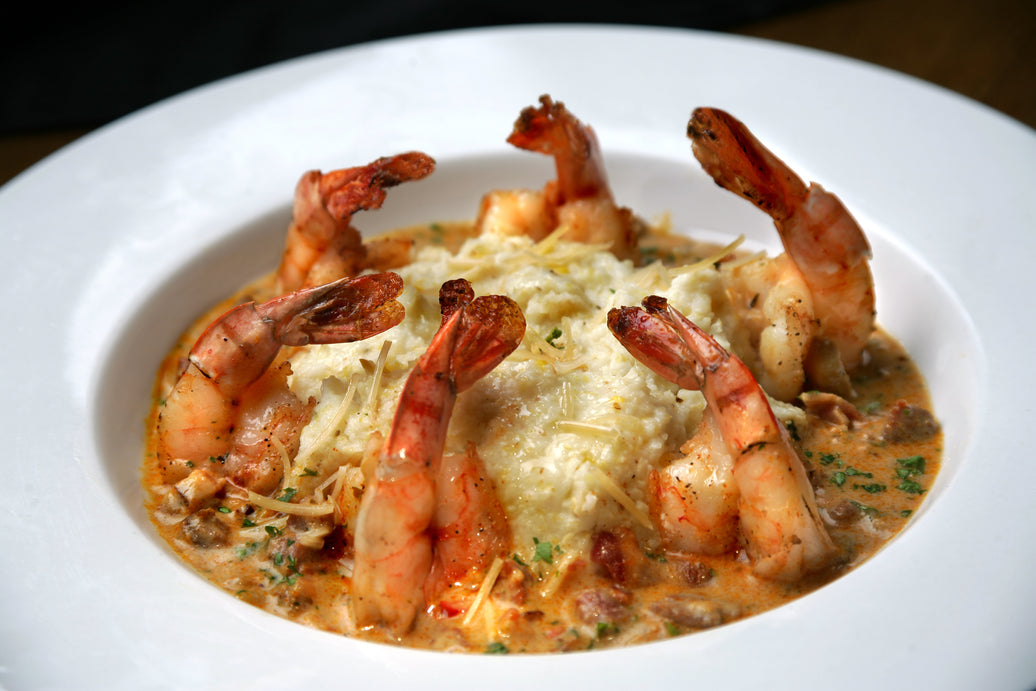

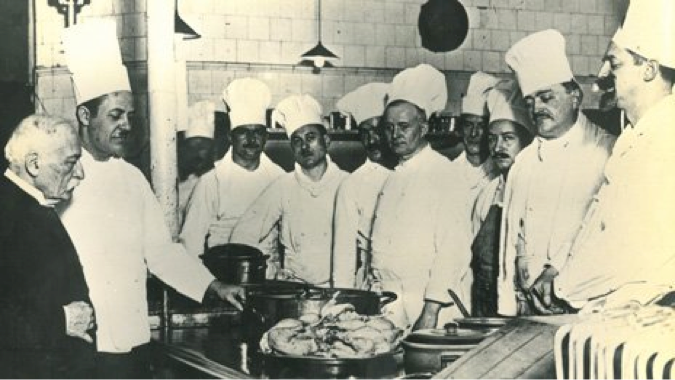
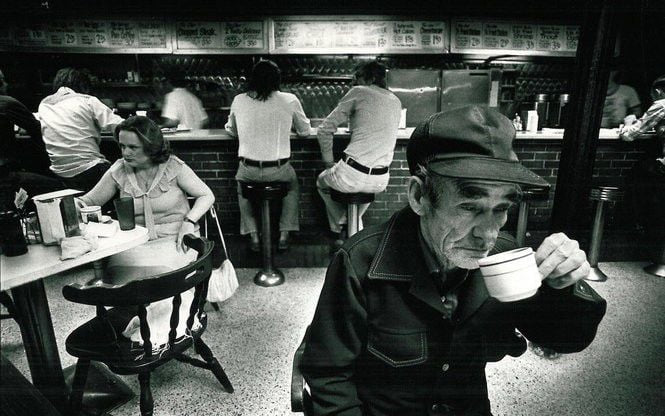

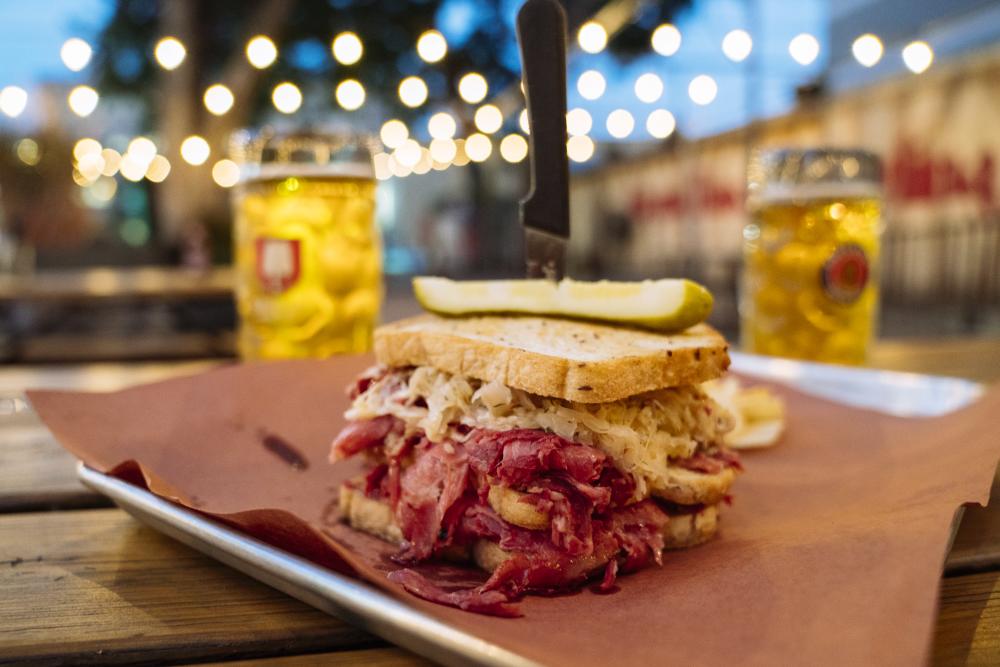

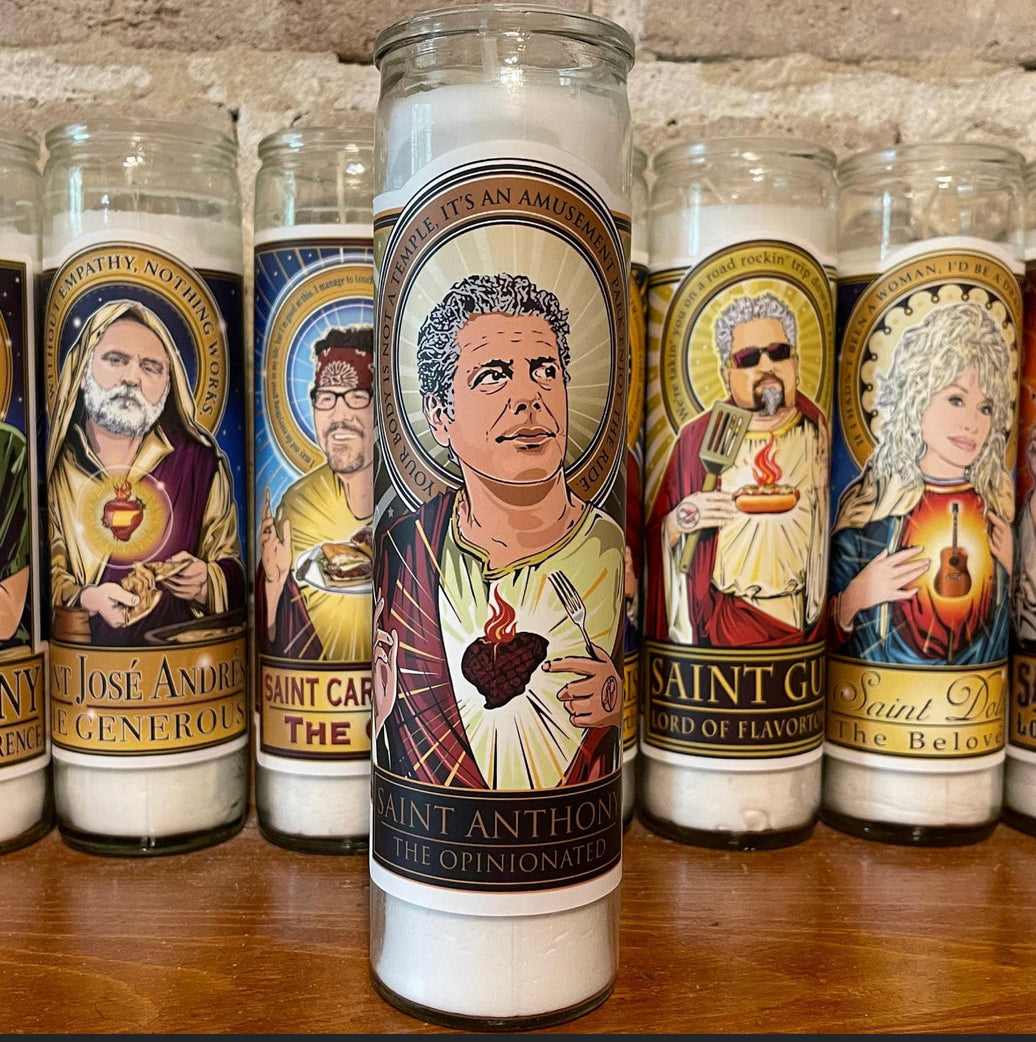

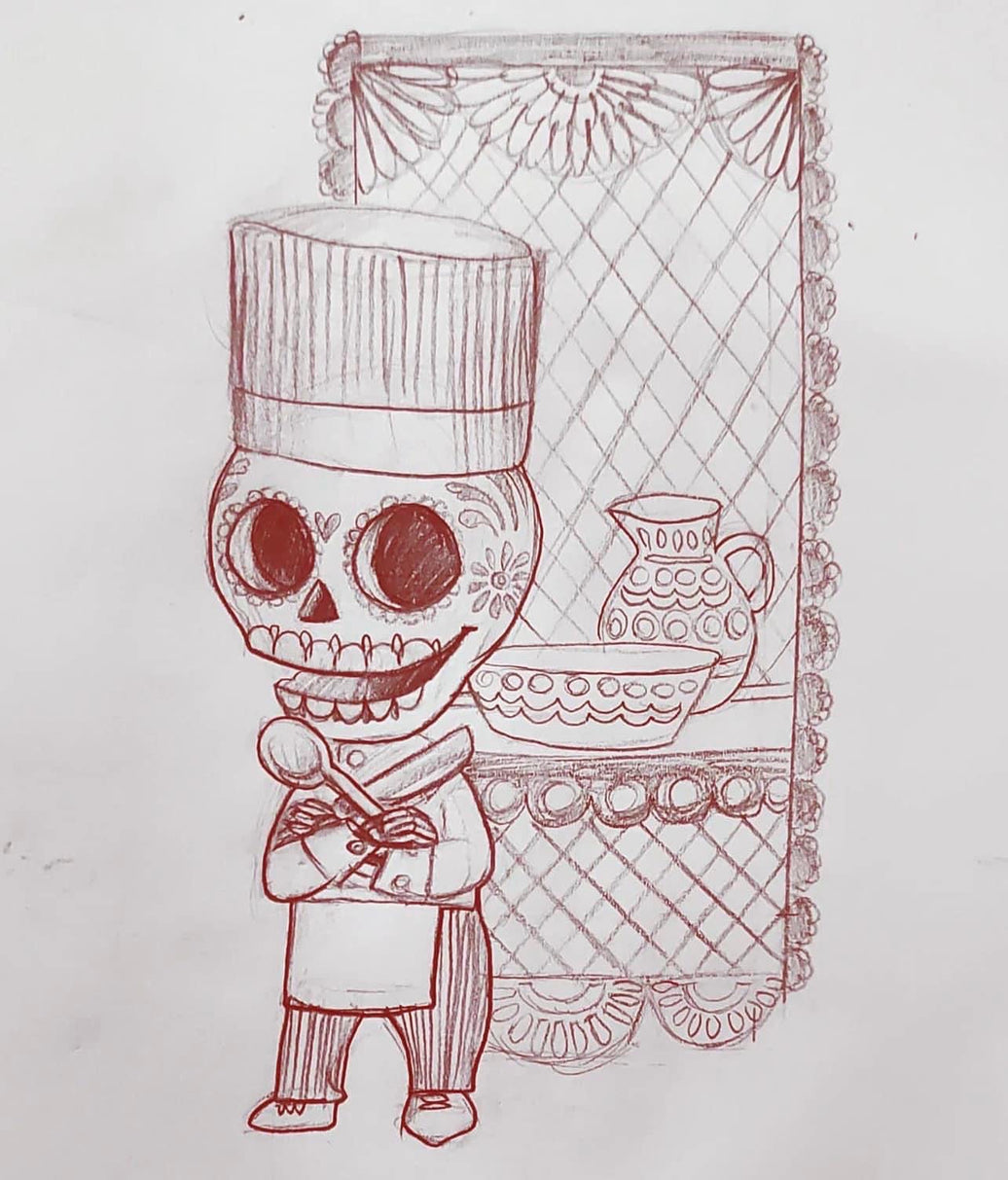





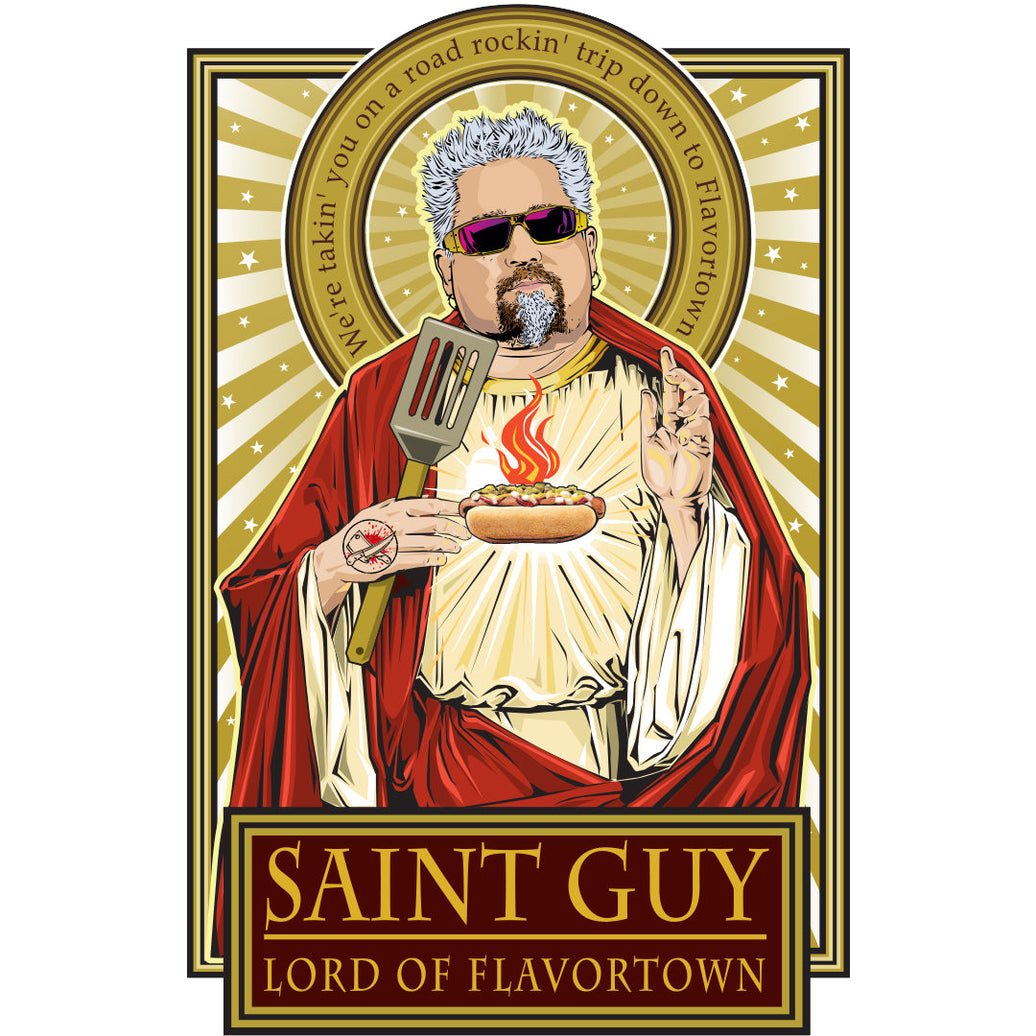
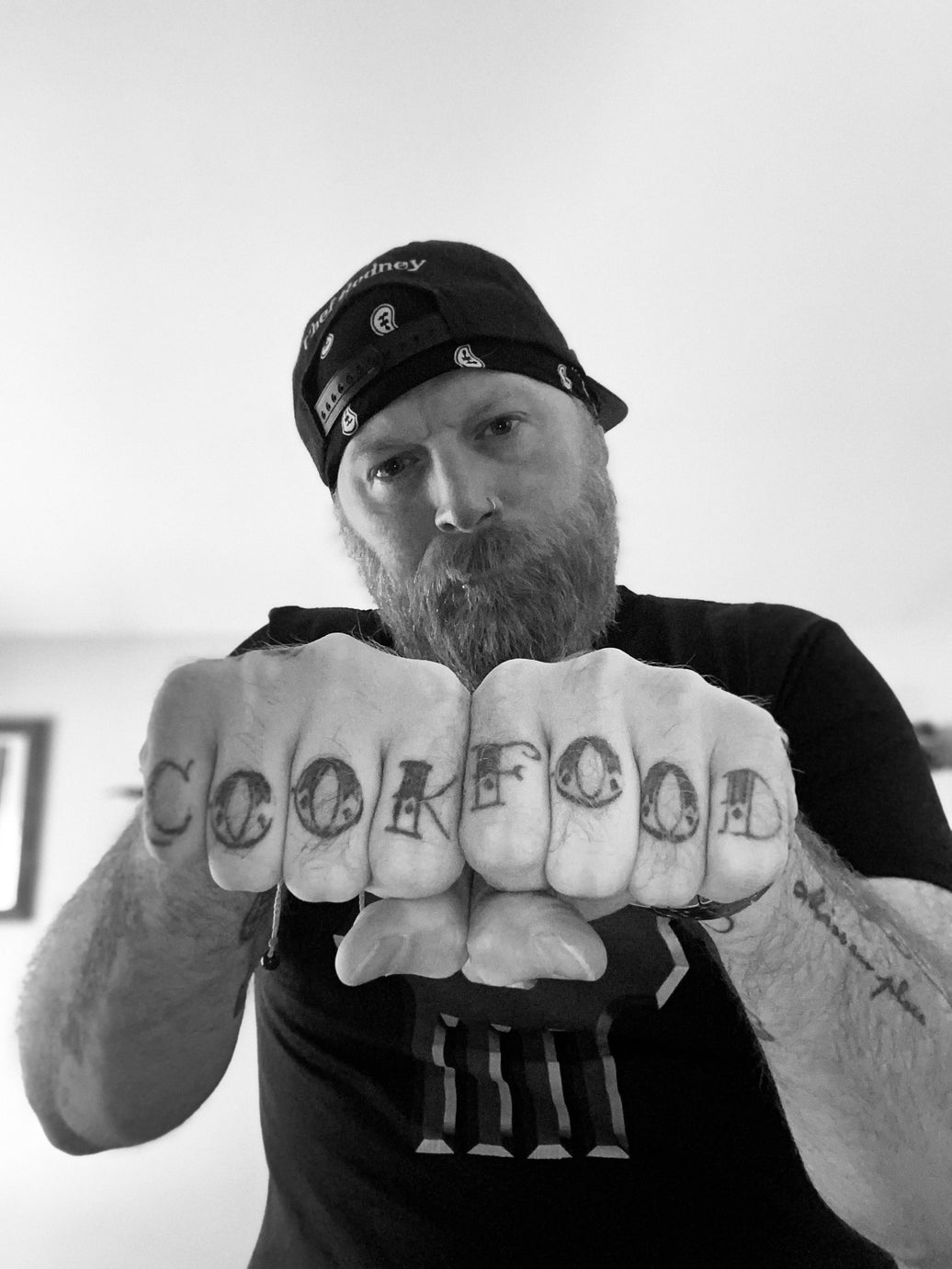
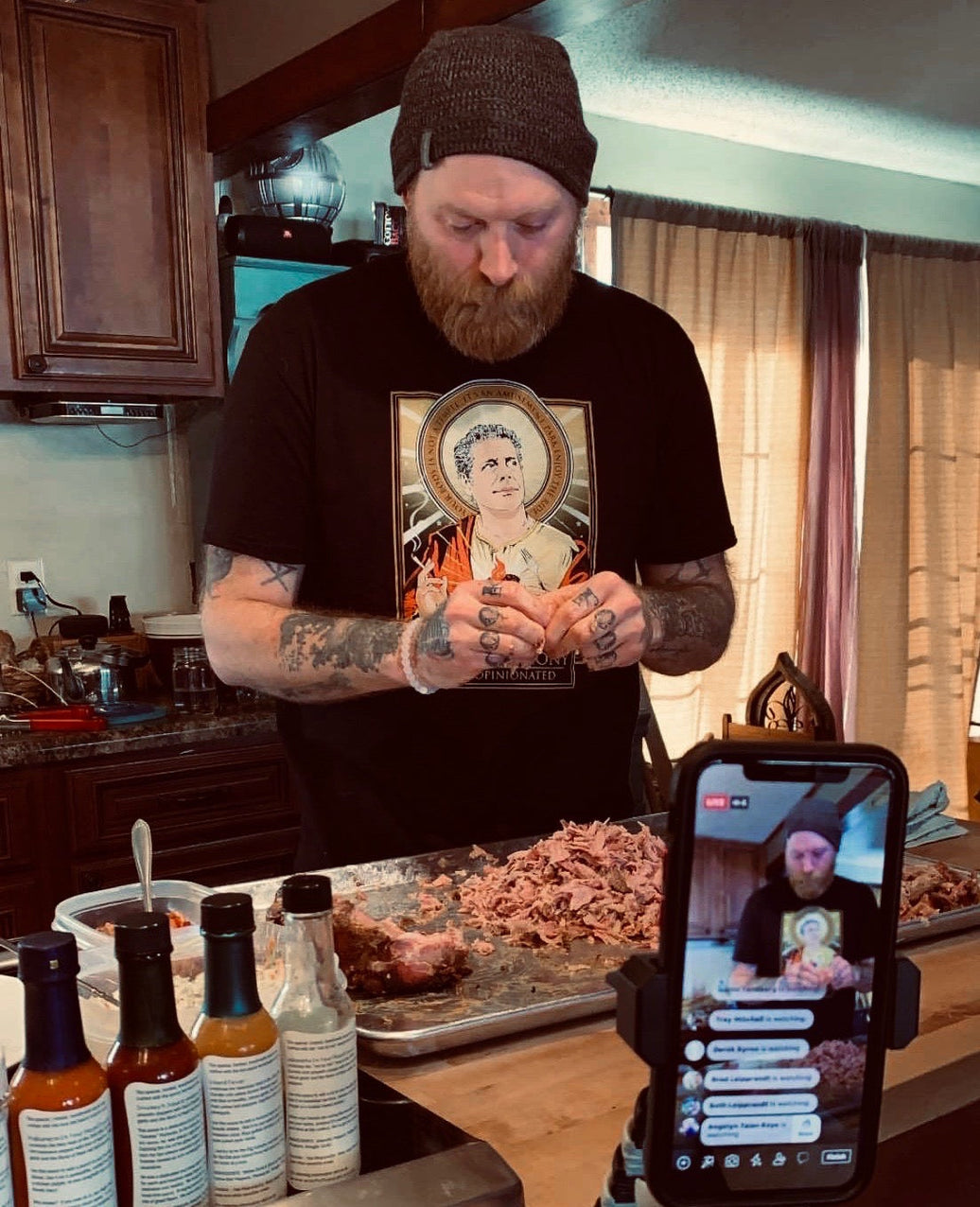

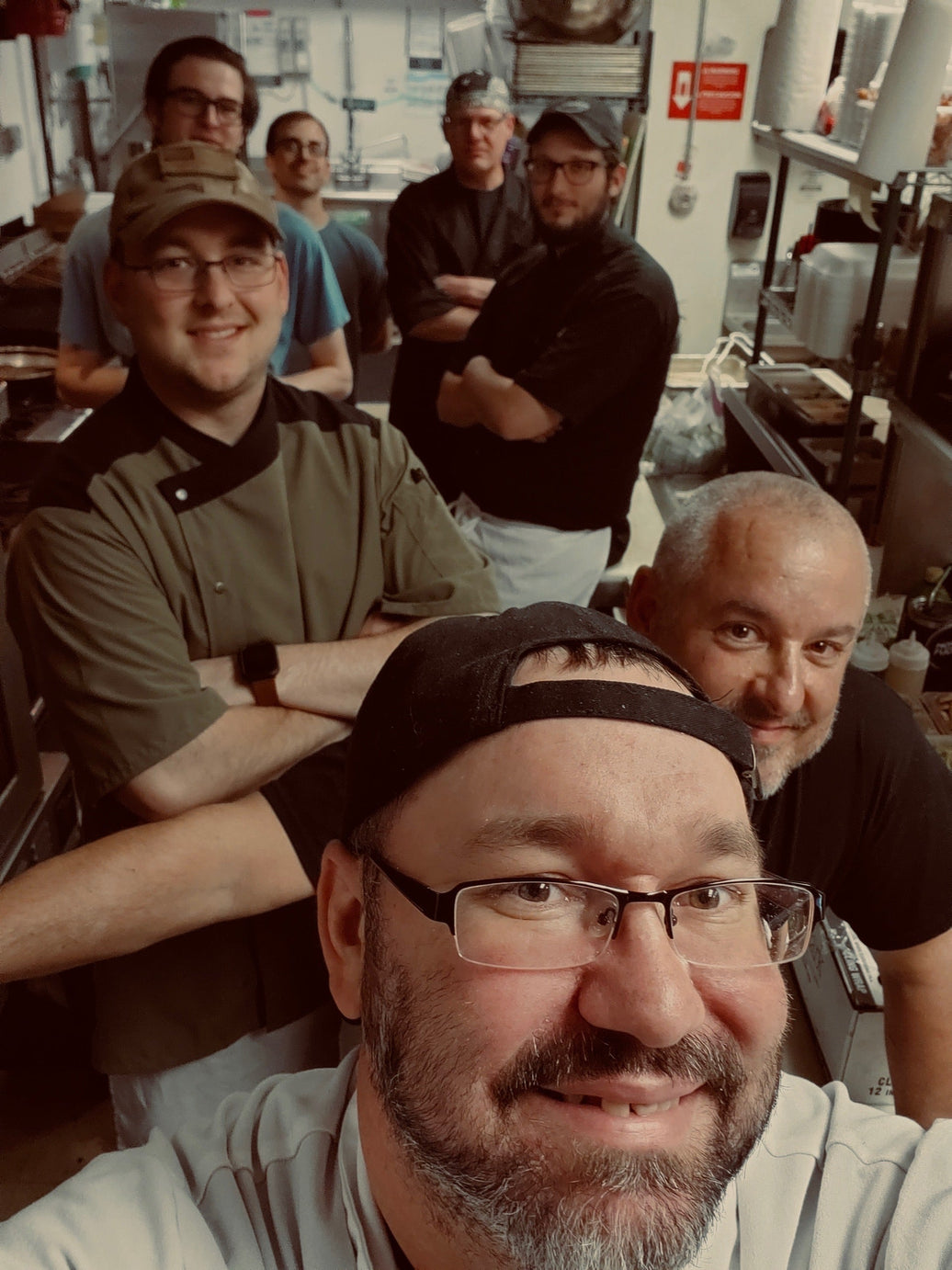



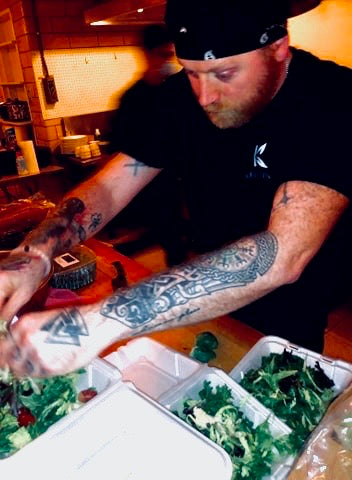


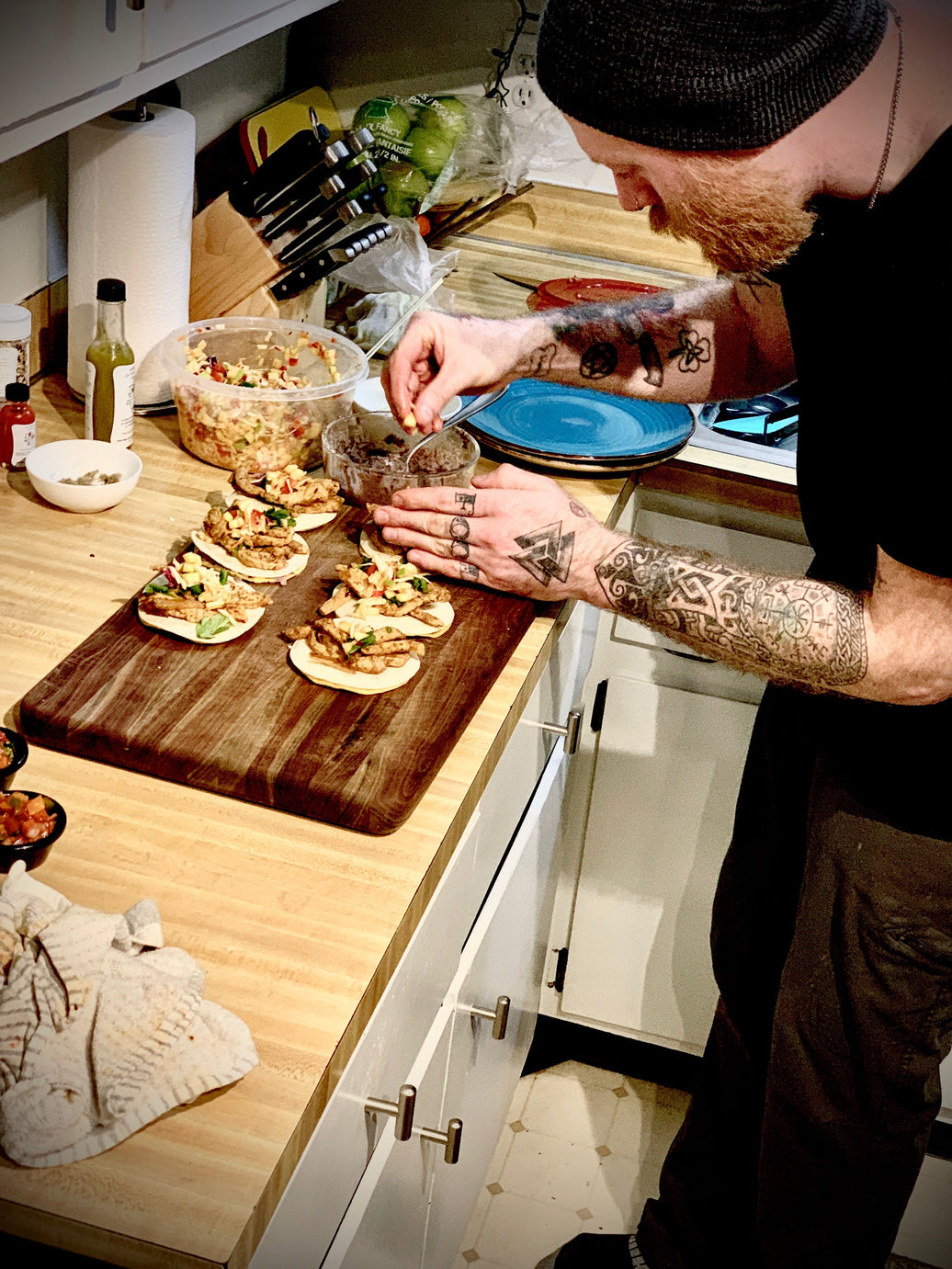








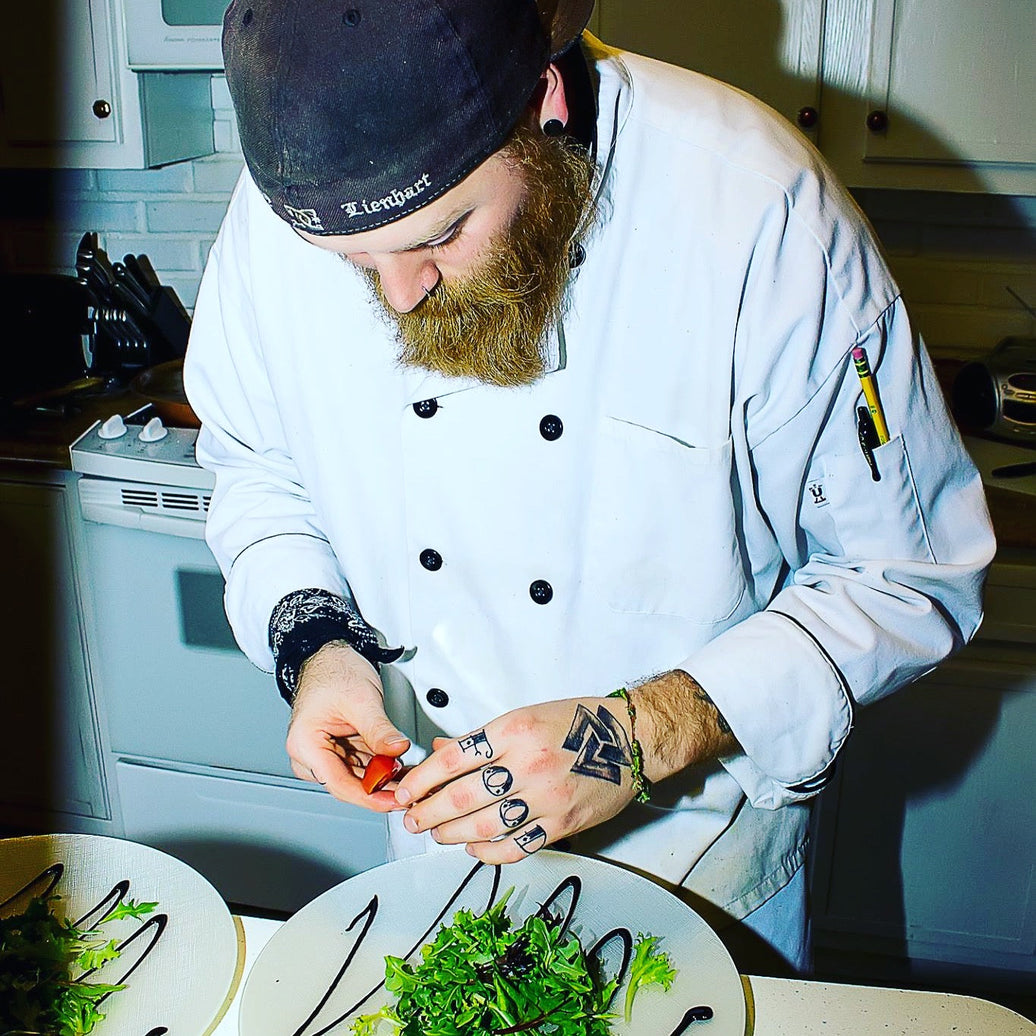
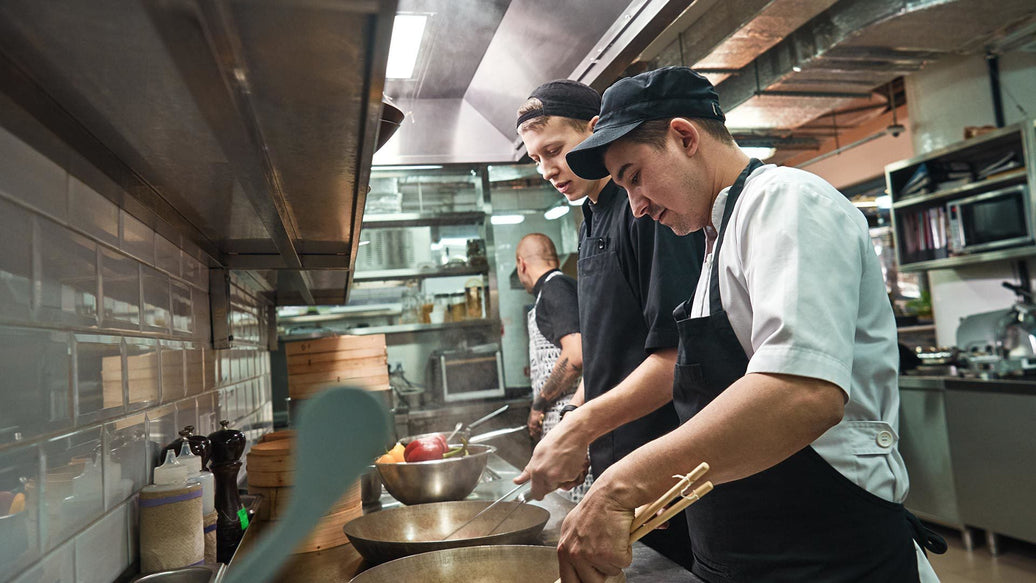

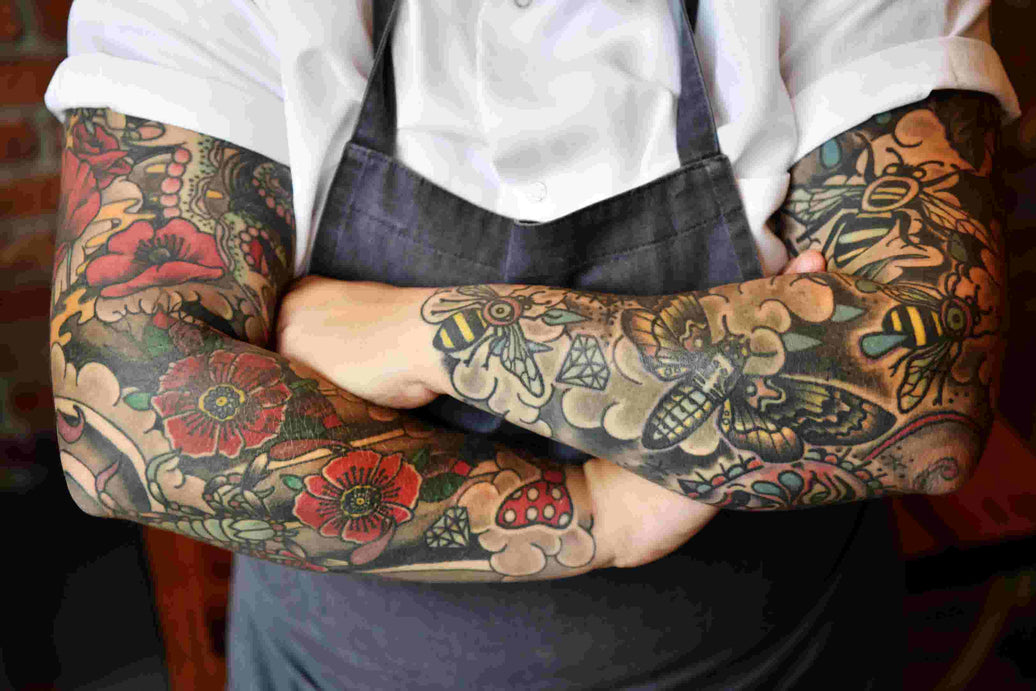
Leave a comment